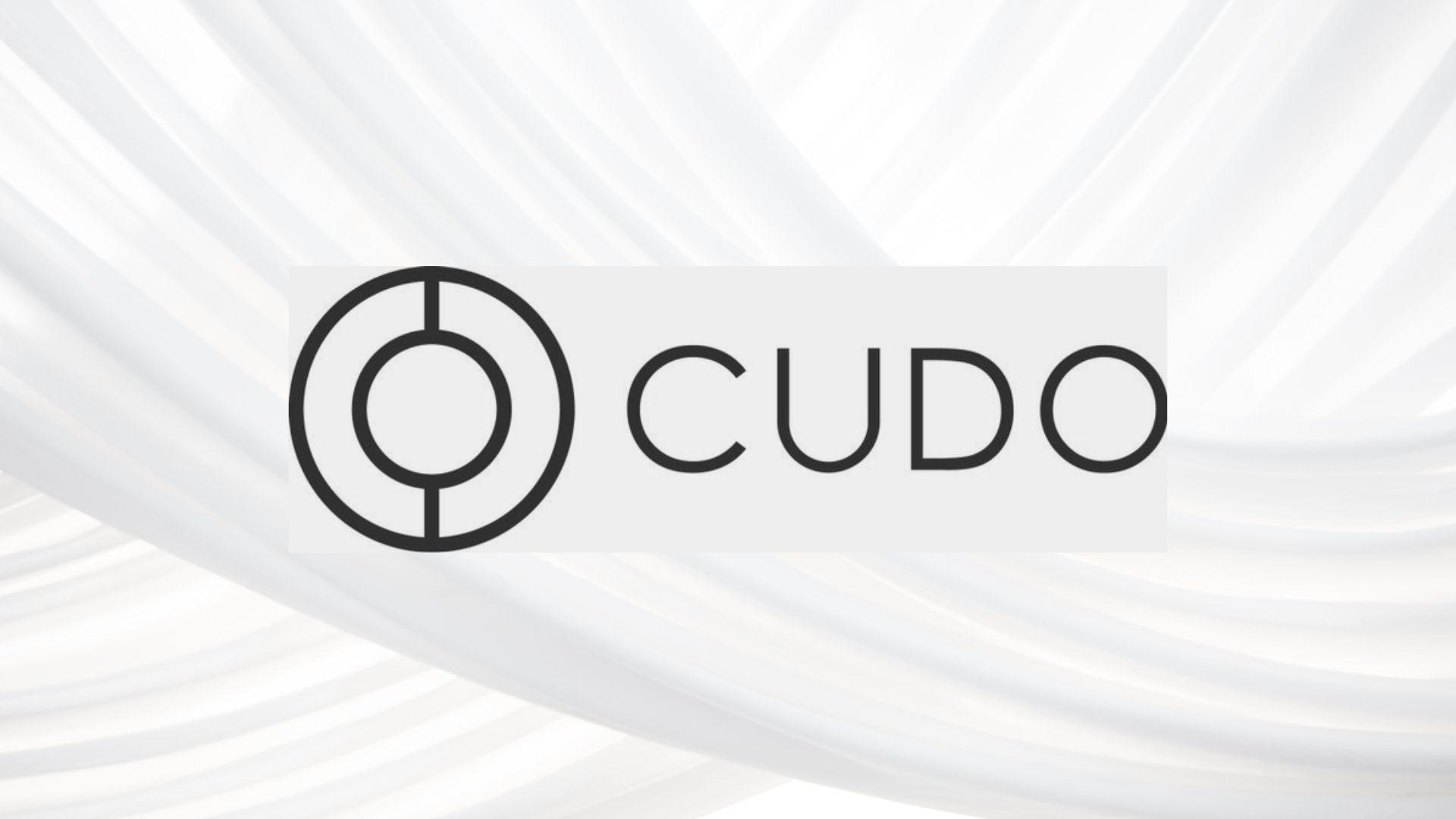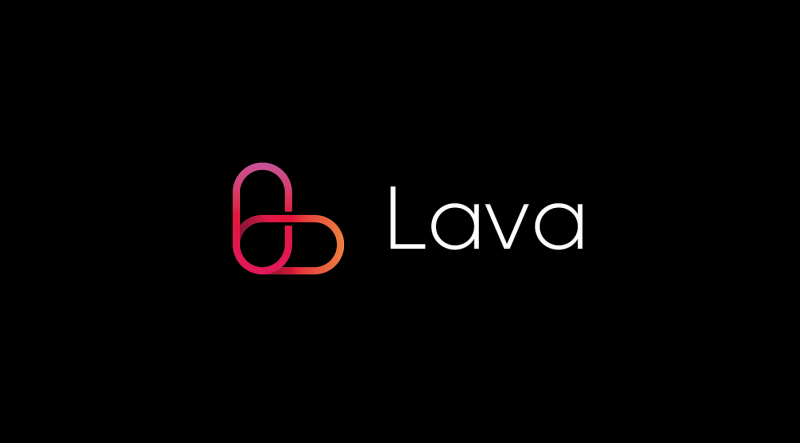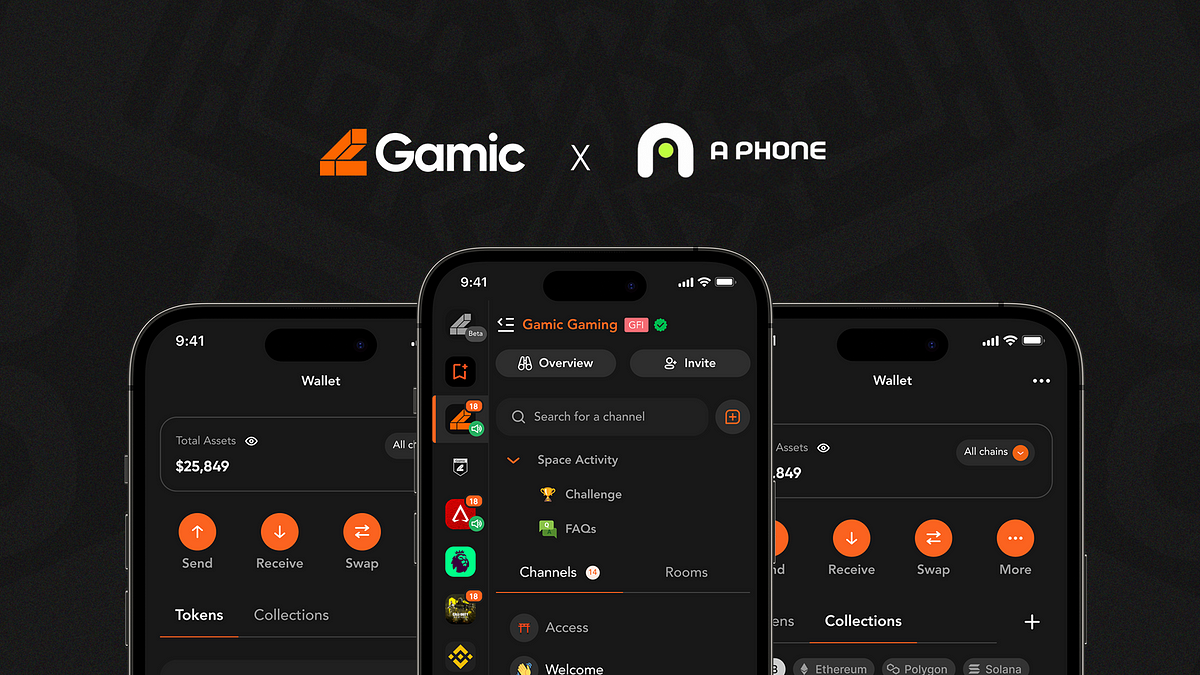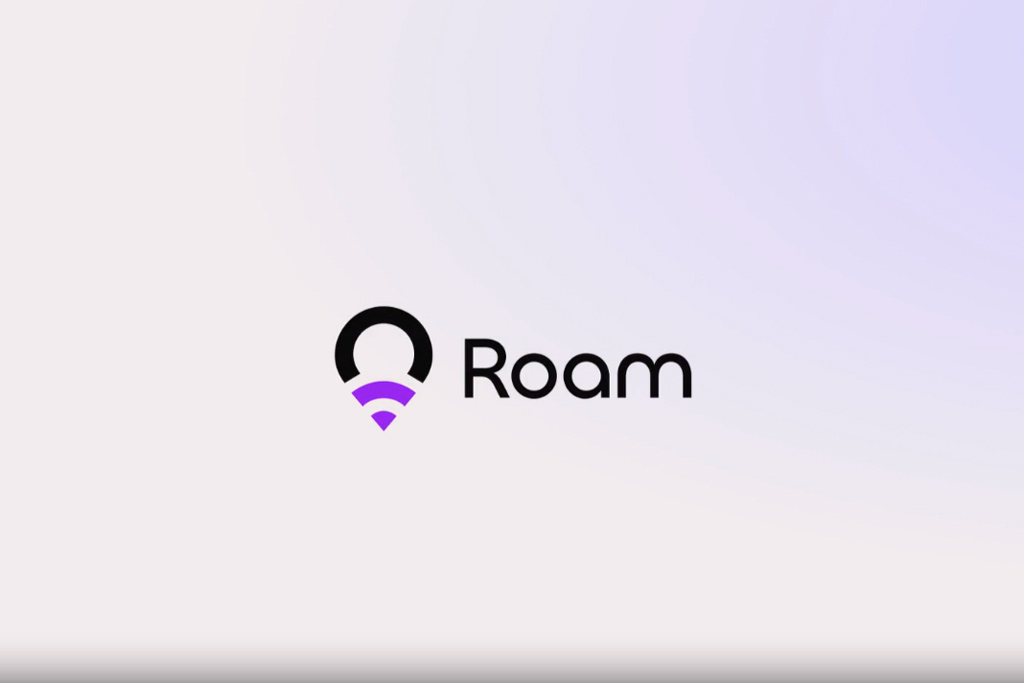Latest DePIN Cloud Services News

9 months ago
Aethir and Return Entertainment Partner to Bring Decentralized GPU Cloud Infrastructure to Smart TV Gaming
Aethir partners with Return Entertainment to bring decentralized GPU cloud infrastructure to smart TV gaming, unlocking a new audience for the gaming industry. By offloading GPU-intensive workloads to the cloud, players can enjoy premium cloud gaming with just a stable internet connection. The move follows Return Entertainment's debut of Rivals Arena on Samsung TVs in the US, offering a QR code scanning gameplay experience. Aethir boasts the largest fleet of Nvidia H100 Tensor Core GPUs in the web3 industry, with a testnet for cloud gaming on Ethereum's Layer 2 network. Samsung deepens its web3 gaming partnerships, including Illuvium, allowing Web3 TV owners to view in-game NFTs on their television devices.

9 months ago
Storj Collaborates with CUDOS to Enhance Cloud Storage and Compute Solutions
Storj partners with CUDOS to advance distributed compute and cloud storage solutions, leveraging NVIDIA's chips for the expanding AI market. The collaboration aims to provide scalable and cost-effective solutions for businesses and developers. Storj's recent partnerships with cunoFS and AIOZ Network further enhance AI and video workflows in the decentralized cloud storage space. Competitors include Filecoin, Arweave, and AIOZ Network's W3S. The DePIN market has seen increased funding for projects like IoTeX.

10 months ago
CUDOS Intercloud Launches Scalable GPU-as-a-Service for Web3 and AI
CUDOS Intercloud, a product by CUDO, has been launched to bridge the gap in Web3 computing by offering a scalable, distributed GPU-as-a-Service cloud solution. It is designed to cater to the needs of DePIN communities and AI computational tasks such as machine learning and inference. The platform addresses the challenges faced by Web3 companies in accessing GPUs and ensuring service levels while providing a Web 3.0-aligned experience. With the integration of NVIDIA GPUs, CUDOS Intercloud helps overcome the challenges of building robust and decentralized Web3 and AI systems. The CUDO network has delivered over 500,000 consumed hours of AI GPU time, supporting a range of NVIDIA GPUs for professional visualization and high-performance computing workloads. CUDOS Intercloud offers significant cost savings, a focus on GPU computing for AI, and the use of 100% renewable energy-powered data centers, making it an economically and environmentally friendly alternative for the AI era.

10 months ago
DePin: The Decentralized Gaming Infrastructure by Alliance Games
Alliance Games, a gaming industry innovator, has introduced DePin, a decentralized Web3 gaming infrastructure platform. DePin, a chain-agnostic solution, aims to balance user experience, gameplay, and decentralization in blockchain gaming. The platform offers decentralized public cloud hosting, auto payment systems, security, and decentralized data storage. Alliance Games, founded by Simon and Dennis, developers of Chain of Alliance, is backed by major gaming and crypto brands. DePin's modular design supports session-based logic for both Web2 and Web3 games, providing SDKs for diverse development needs.

10 months ago
Prioritizing Privacy and Anonymity in Cloud Computing and Blockchain Technology
CUDOS prioritizes privacy and anonymity in the cloud computing and blockchain technology landscape by implementing a no-KYC policy. This approach allows users to engage with the platform without revealing personal information, emphasizing core values of efficiency, sustainability, and decentralization. The no-KYC policy ensures true anonymity, decentralization, and accessibility for users worldwide. By supporting cryptocurrency payments and private networks, CUDOS remains committed to creating a secure and private digital ecosystem that aligns with the ethos of Web3 and blockchain technology.

10 months ago
Lava Network Launches Public Mainnet with $2M Incentive Pools
Lava Network has launched its public mainnet with $2 million in incentive pools from supported ecosystems, attracting high-quality infrastructure providers like Google Cloud. The mainnet debut features the community-first launch of the LAVA token, aiming to increase decentralization and participation. With support from Filecoin Network, Starknet Foundation, and Cosmos Hub, Lava Network focuses on providing quality nodes to boost interoperability and network reliance. Illia Polosukhin, Co-Founder of NEAR Protocol, praised Lava Network for decentralizing the NEAR RPC layer and improving the experience for developers and users.

10 months ago
Gamic Integrates with APhone's Decentralized App Store
Gamic has partnered with APhone, integrating into their decentralized app store, AppNest. This collaboration allows APhone users to easily access Gamic's Web3 messaging and community-building features, enhancing visibility for Gamic in the mobile Web3 space. APhone is a decentralized cloud phone that offers a unique Web3 experience, with advanced security, superior processing power, and high-quality GPU. It provides a gateway to the mobile Web3 era, catering to professionals, gamers, developers, travelers, and Web3 farmers, ensuring privacy, security, and a seamless mobile experience.

10 months ago
DePIN Association Officially Formed to Advance Decentralized Infrastructure Networks
The DePIN Association has officially formed, uniting ten organizations to advance decentralized physical infrastructure networks. Founding members include Acurast, peaq, DePINHub, PowerLedger, U2U Network, POKT Network, SafeJunction, IoTeX, and Geodnet, each contributing to a connected, decentralized world vision. The association aims to foster innovation, set industry standards, and promote decentralized infrastructure networks using blockchain for transparency, security, and efficiency. Initiatives include standardization, R&D support, education, and events.

10 months ago
Earning Rewards with Roam's Decentralized WiFi Network
Roam is a decentralized network that transforms WiFi into a tool for earning rewards and contributing to a global infrastructure. It integrates millions of WiFi spots into a unified network, enhancing accessibility and offering a dynamic reward system for users. By using Roam, individuals can earn Roam Points for activities like adding WiFi spots, checking in, and referring friends, which can later be converted into $ROAM tokens. This innovative approach not only provides financial incentives but also encourages active participation in the expansion of the network, ensuring privacy and security in the process.

10 months ago
APhone and Aethir Launch New Scaling Solution for Decentralized Infrastructure
A decentralized smartphone, APhone, has partnered with Aethir to introduce a new scaling solution that significantly reduces user costs while increasing capacity. The solution allows APhone to handle over 800,000 daily users at a fraction of the previous cost, thanks to Aethir's distributed GPU cloud computing network. Additionally, APhone will integrate Aethir Edge, an AI device that enhances the performance and security of Web3 applications. The partnership is expected to save APhone over $3.2 million quarterly and could propel the decentralized physical infrastructure (DePIN) industry, which is projected to reach a $3.5 trillion market by 2028.
Signup for latest DePIN news and updates